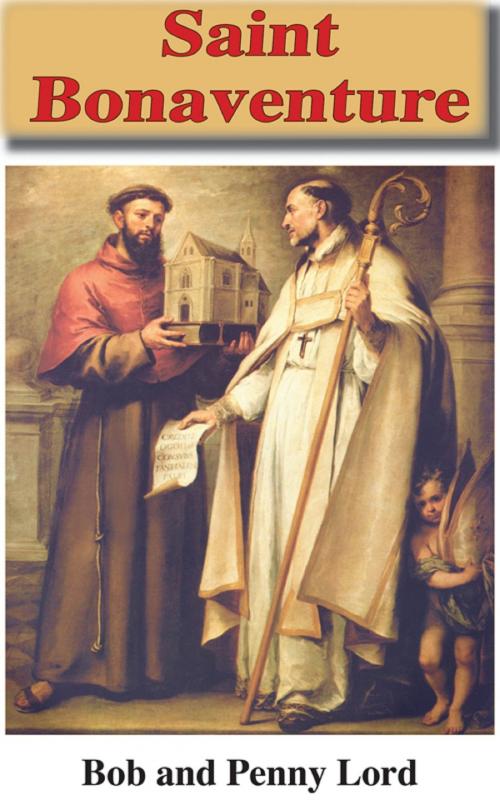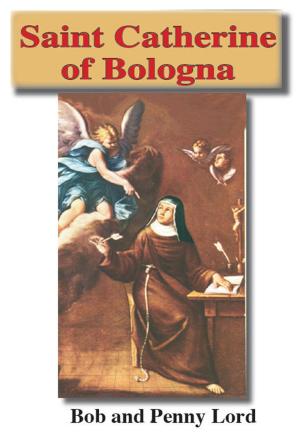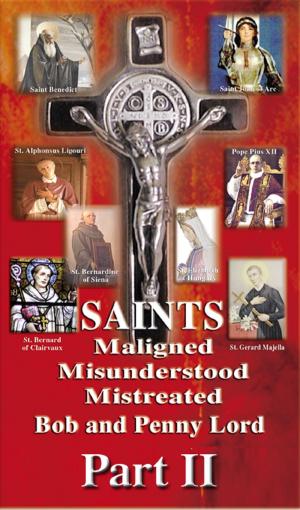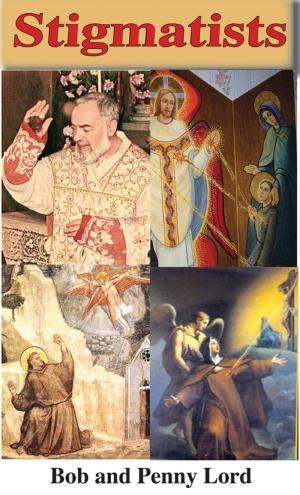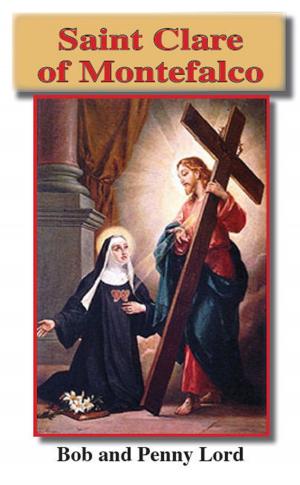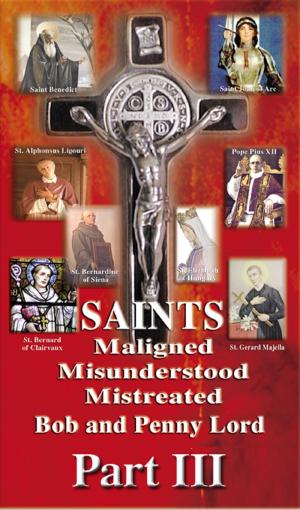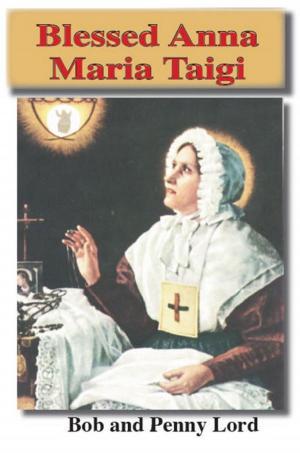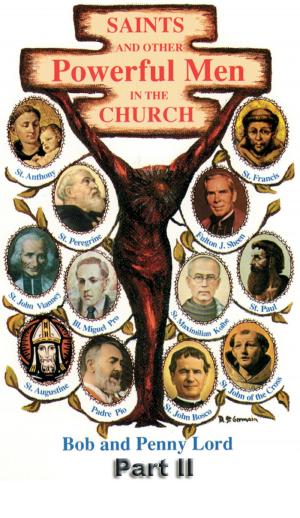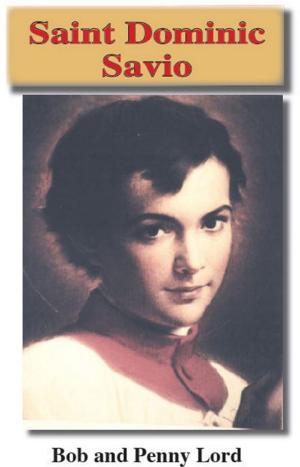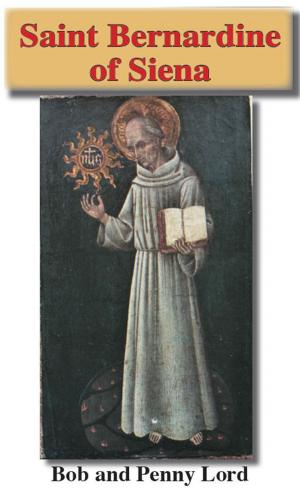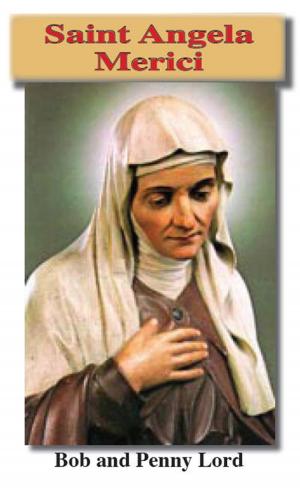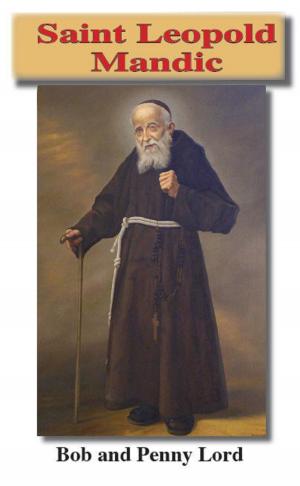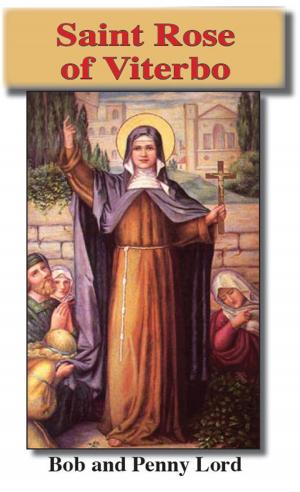Saint Bonaventure
Nonfiction, Religion & Spirituality, Christianity, Denominations, Catholic, Catholicism| Author: | Penny Lord, Bob Lord | ISBN: | 9781465789310 |
| Publisher: | Journeys of Faith | Publication: | July 9, 2011 |
| Imprint: | Smashwords Edition | Language: | English |
| Author: | Penny Lord, Bob Lord |
| ISBN: | 9781465789310 |
| Publisher: | Journeys of Faith |
| Publication: | July 9, 2011 |
| Imprint: | Smashwords Edition |
| Language: | English |
It is said of St. Francis of Assisi, that he didn't trust books, and never wanted his Friars to get distracted and influenced by the words of authors, whose works he also didn't trust. He trusted the Bible, but not certain people's interpretations of it. He was finally willing to bend in his staunch stand against book learning on the advice of St. Anthony of Padua, who was not only brilliant, but who St. Francis trusted. And yet, if you look at one of the frescoes in the upper Basilica of St. Francis in Assisi, which depicts St. Anthony teaching the friars, you will see St. Francis, looking down from Heaven, checking up on St. Anthony.
We preface this chapter on St. Bonaventure with this insight into the philosophy of St. Francis, because had St. Anthony not convinced the Seraphic Father1 to relent where it came to teaching the friars, we may never have had St. Bonaventure, or at least the Franciscans would not have had him. Because if there was one thing that Bonaventure was, it was brilliant.
That being said, he was also one of the humblest, purest, most precious and innocent men the world has known. In that, he followed very closely the characteristics and traits of his mentor, St. Francis. He was born in Viterbo, only about 60 miles from Assisi, in 1221, just five years before the death of St. Francis. There is a tradition that he was re-named by St. Francis when he was healed of a serious illness by the little Poverello, or poor one. His birth name was John, but the tradition, or Fioretti,2 tells us that when St. Francis healed him, he proclaimed "O buona ventura" or good fortune.3 There's nothing to base that on, other than the tradition, but St. Bonaventure himself, tells us that he was spared from death by the intercession of St. Francis of Assisi. If that's good enough for St. Bonaventure, it's good enough for us.
It is said of St. Francis of Assisi, that he didn't trust books, and never wanted his Friars to get distracted and influenced by the words of authors, whose works he also didn't trust. He trusted the Bible, but not certain people's interpretations of it. He was finally willing to bend in his staunch stand against book learning on the advice of St. Anthony of Padua, who was not only brilliant, but who St. Francis trusted. And yet, if you look at one of the frescoes in the upper Basilica of St. Francis in Assisi, which depicts St. Anthony teaching the friars, you will see St. Francis, looking down from Heaven, checking up on St. Anthony.
We preface this chapter on St. Bonaventure with this insight into the philosophy of St. Francis, because had St. Anthony not convinced the Seraphic Father1 to relent where it came to teaching the friars, we may never have had St. Bonaventure, or at least the Franciscans would not have had him. Because if there was one thing that Bonaventure was, it was brilliant.
That being said, he was also one of the humblest, purest, most precious and innocent men the world has known. In that, he followed very closely the characteristics and traits of his mentor, St. Francis. He was born in Viterbo, only about 60 miles from Assisi, in 1221, just five years before the death of St. Francis. There is a tradition that he was re-named by St. Francis when he was healed of a serious illness by the little Poverello, or poor one. His birth name was John, but the tradition, or Fioretti,2 tells us that when St. Francis healed him, he proclaimed "O buona ventura" or good fortune.3 There's nothing to base that on, other than the tradition, but St. Bonaventure himself, tells us that he was spared from death by the intercession of St. Francis of Assisi. If that's good enough for St. Bonaventure, it's good enough for us.
